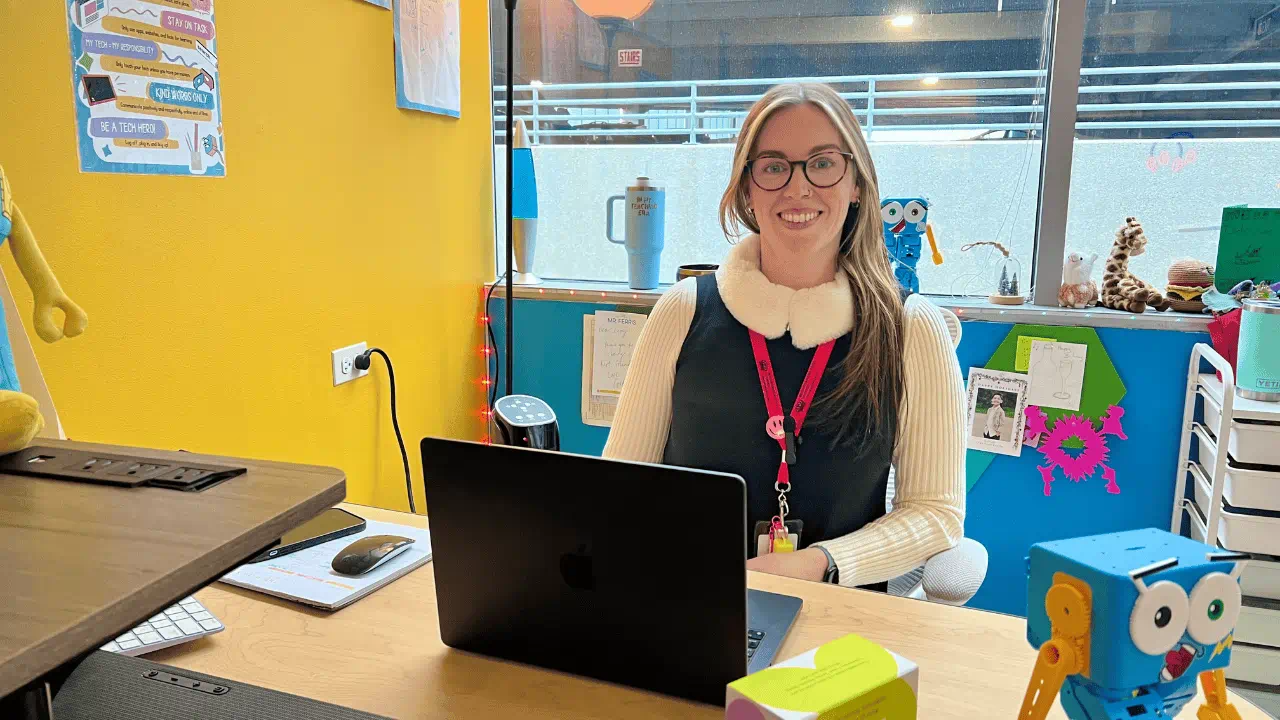When we think of the Early Years, we think about laying the foundations for all future learning, hence why it is called the Early Years Foundation Stage (EYFS). Imagine standing on the Ledge on the side of the Sears Tower, or to give it it’s official name, the Serious Tower as the children affectionately refer to it as. It is already a nerve-racking prospect stepping out into a transparent box 103 floors above Wacker Drive. Imagine how more uneasy you would feel if you found out that the foundations of the building had been rushed and corners had been cut so that construction could be started sooner. It is essential for buildings to have sturdy foundations, and the same too can be said for life-long learning.
The EYFS at BISC-LP spans from when children enter our Pre-Nursery at 15 months through to the end of their time in Reception at 5 years old. It cannot be underestimated how important this phase is in a child’s development and continued learning. A phase in which the brain is growing and developing at a rapid rate. In the first few years of life, more than 1 million new neural connections are formed every second. This is the architecture of the brain, the foundations for all future learning.
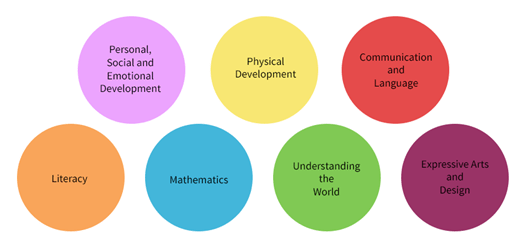
The Early Years curriculum is built around these central and crucial foundations. It is divided into seven areas of learning which are further sub-divided into the Prime and Specific areas. The prime areas are deemed to be fundamental to children’s successful learning in the specific areas. That is, the specific areas cannot be encountered in isolation from the prime areas as children always experience the world through communication and physical and emotional experiences.
Communication and Language
Communication and Language involves giving children an opportunity to experience a rich language environment. They develop their confidence and skills in expressing themselves and experience speaking and listening in a range of contexts.
Personal, Social and Emotional Development (PSED)
Within PSED, children will develop a positive sense of themselves and others and will learn to form relationships and develop respect for others. They will acquire social skills and learn how to manage their feelings and develop an understanding of appropriate behavior in groups. Through experiences, they will learn to have confidence in their own abilities.
Physical Development
As part of their Physical Development, children are provided with opportunities to be active and interactive which develop their co-ordination, control and movement. They are helped to understand the importance of physical activity and to make healthy choices in relation to food.
Each of these areas works to support the other, as well as leading to deeper learning within the specific areas. As children grow in confidence and ability within the three prime areas, the balance shifts towards a more equal focus on all areas of learning. This happens naturally as children move through the phase and mature. It is important that we ensure that at each stage of their learning, children are embedding key skills within the prime areas. That same uneasy feeling we would have standing in a building with a lack of sturdy foundations would also present itself in a child’s learning if they had not secured their own foundations. Problems may not be evident when they are in the EYFS and may actually become more evident later in their learning journey. They may, for example, experience anxiety when faced with an unfamiliar challenge in Science or struggle to reason when working on a Math problem.
At BISC-LP, we assign a great deal of importance to the prime areas and put a lot of thought and planning into how they can be supported in the children’s experiences throughout the school. Classrooms are designed to promote and encourage interaction and the development of vocabulary as well as cater to children’s varied interests to spark enquiry, curiosity and problem solving. The Goal Squad is used to support everyday interactions with and between the children to support the consideration of the perspective of others. This is further enhanced by regular circle time and story-based discussions. The PD space has been set up with the development of fundamental movement skills in mind, giving children the opportunity to develop balance, strength, stability, coordination and spatial awareness through a range of resources, equipment, and planned activities. The different areas within it naturally stimulate collaboration but also offer opportunities for children to work independently. Fine motor skills are developed creatively in the classroom using activities involving small tools, malleable materials and crafts. We are incredibly lucky to have a wealth of specialist teachers who also consider how they can support the wider curriculum outside of their subjects. For example, in Music, when children are learning and repeating rhythms, they are developing key early phonological skills which will support them in their Phonics development.
When we focus on the depth of learning through the development and contextualization of fundamental skills, we are securing those secure foundations from which we can begin to build upon and embellish through more subject specific learning when children are ready. Learning is a skyscraper not a bungalow. Let’s ensure the foundations are fit for purpose so that there is no limit to how high that skyscraper can be built upon.
Steph Davis, Reception Teacher & Early Years Curriculum Director


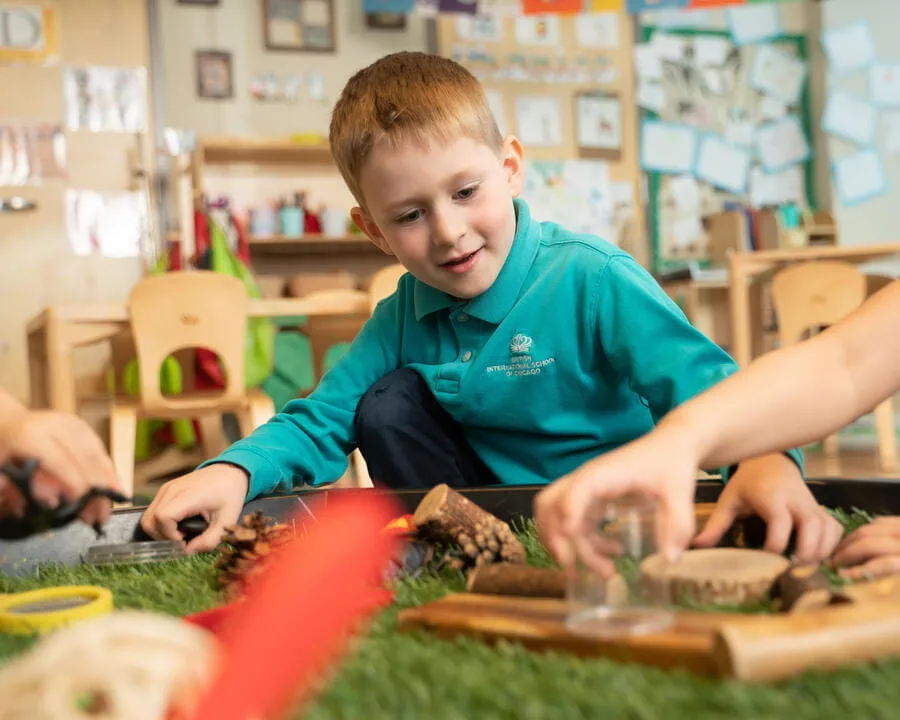

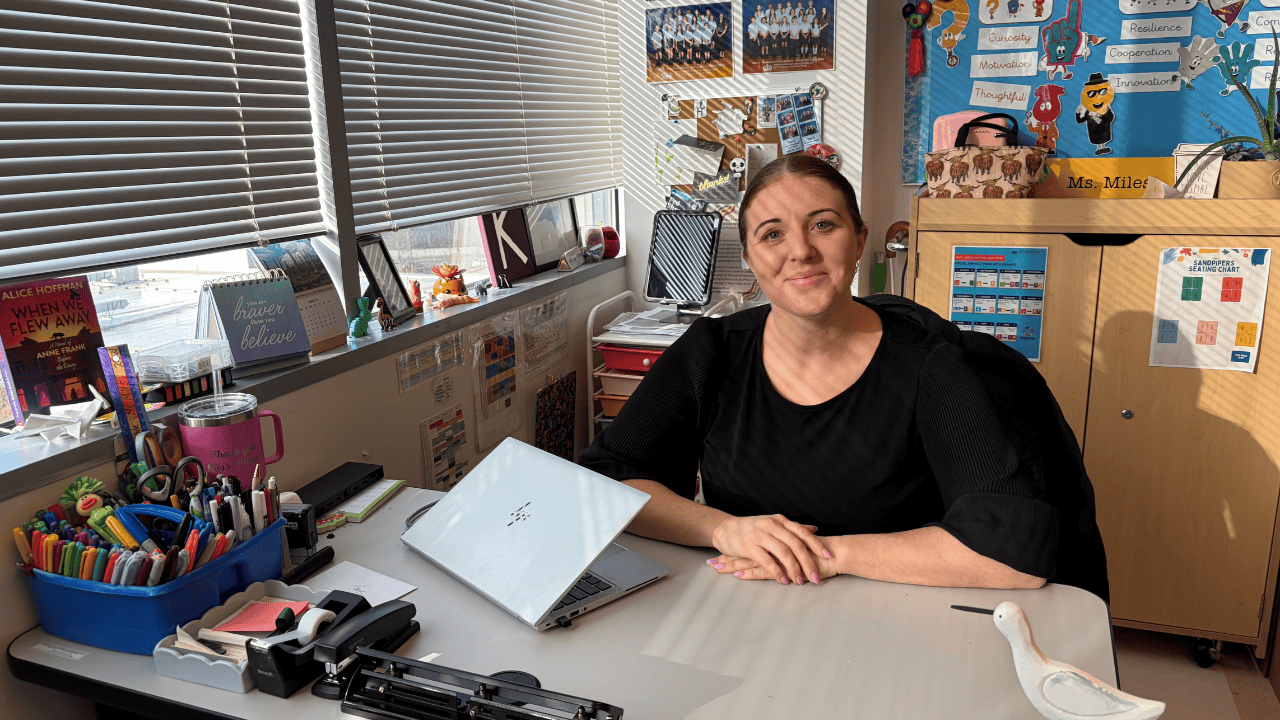
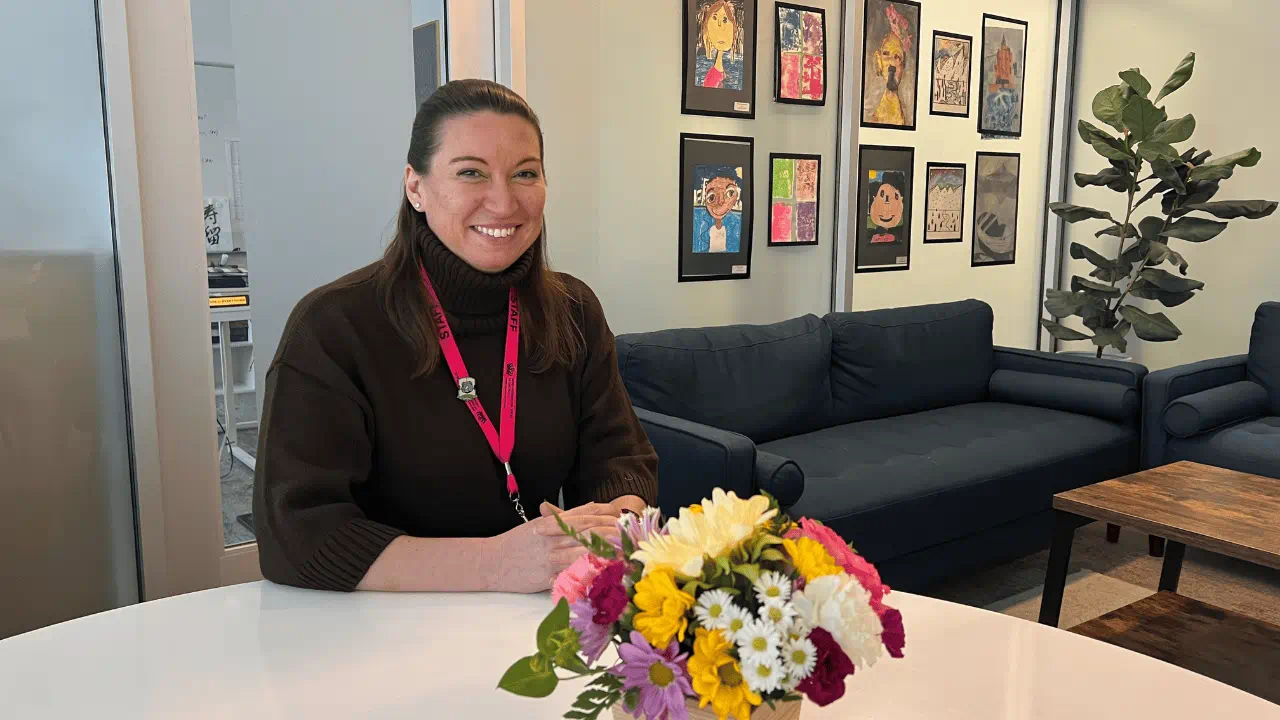
.png?h=720&iar=0&w=1280&rev=090f6aaff5c74988877e2316da2721d6&hash=9F6607FE7CEF7D53B17FB2A670C742F3)
